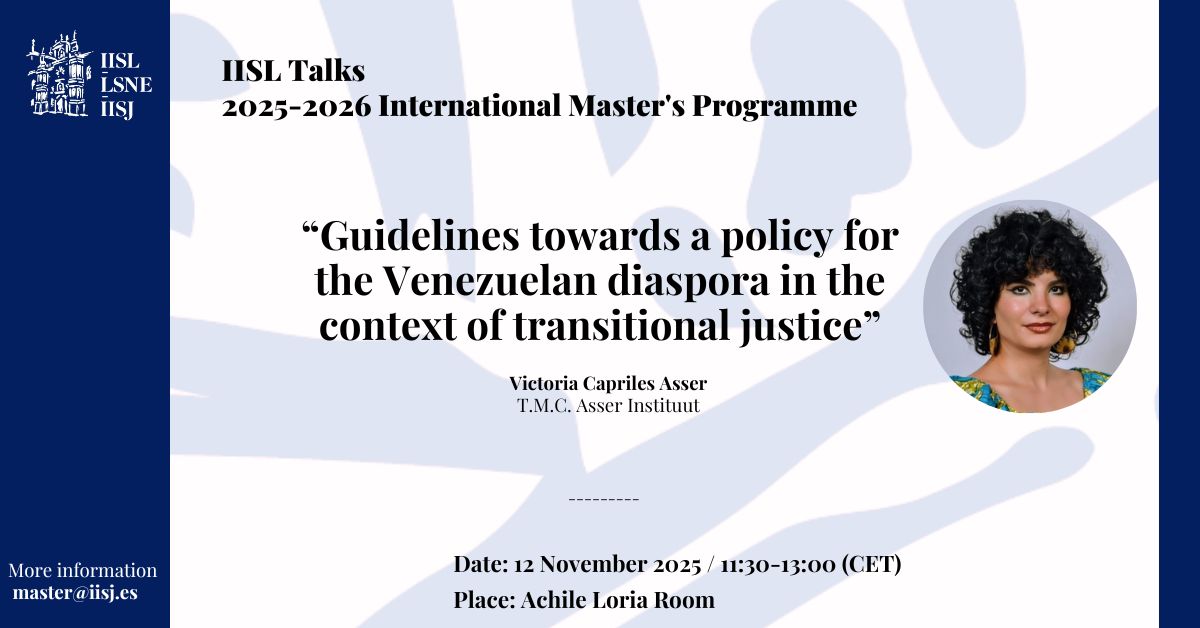
As legal and political entities, States have a series of obligations toward their citizens, including promoting, respecting, protecting, and guaranteeing their human and fundamental rights. These responsibilities extend to citizens even beyond the State’s territorial borders. Therefore, any State experiencing sustained emigration of its nationals must prioritise the well-being of its population that, even outside its territory, needs its support and protection.
Since late 2015, Venezuela has faced a complex humanitarian emergency that has led to a severe migratory and refugee crisis. It is estimated that nine million Venezuelans have fled their country, representing approximately 30% of the nation’s total population. This situation marks the largest mobility crisis in Latin American history and ranks among the largest globally.
In this complex situation, Venezuelans who migrate are becoming increasingly vulnerable, as they lack protection from the State both within the country and abroad. This has led to a growing number of serious human rights violations against them. The Venezuelan government’s failure to provide international protection stems from a lack of public policies, reflecting a “disdain for its emigrants and the implementation of a ‘policy of no policy’” (Muñoz-Bravo, 2016, page 363)
This doctoral thesis aims to address the issue of the “policy of no policy” regarding Venezuelans abroad. By analysing the everyday needs of this population, the project will propose appropriate guidelines for creating a public policy to support the Venezuelan diaspora.
These guidelines aim to address the needs of its nationals and ensure the protection that the State is obligated to provide. It is important to note that this is only achievable within a democratisation process in Venezuela. Currently, the migratory crisis and the conditions affecting the Venezuelan diaspora are neither a priority on the public agenda nor recognised as a significant issue by those in power.



